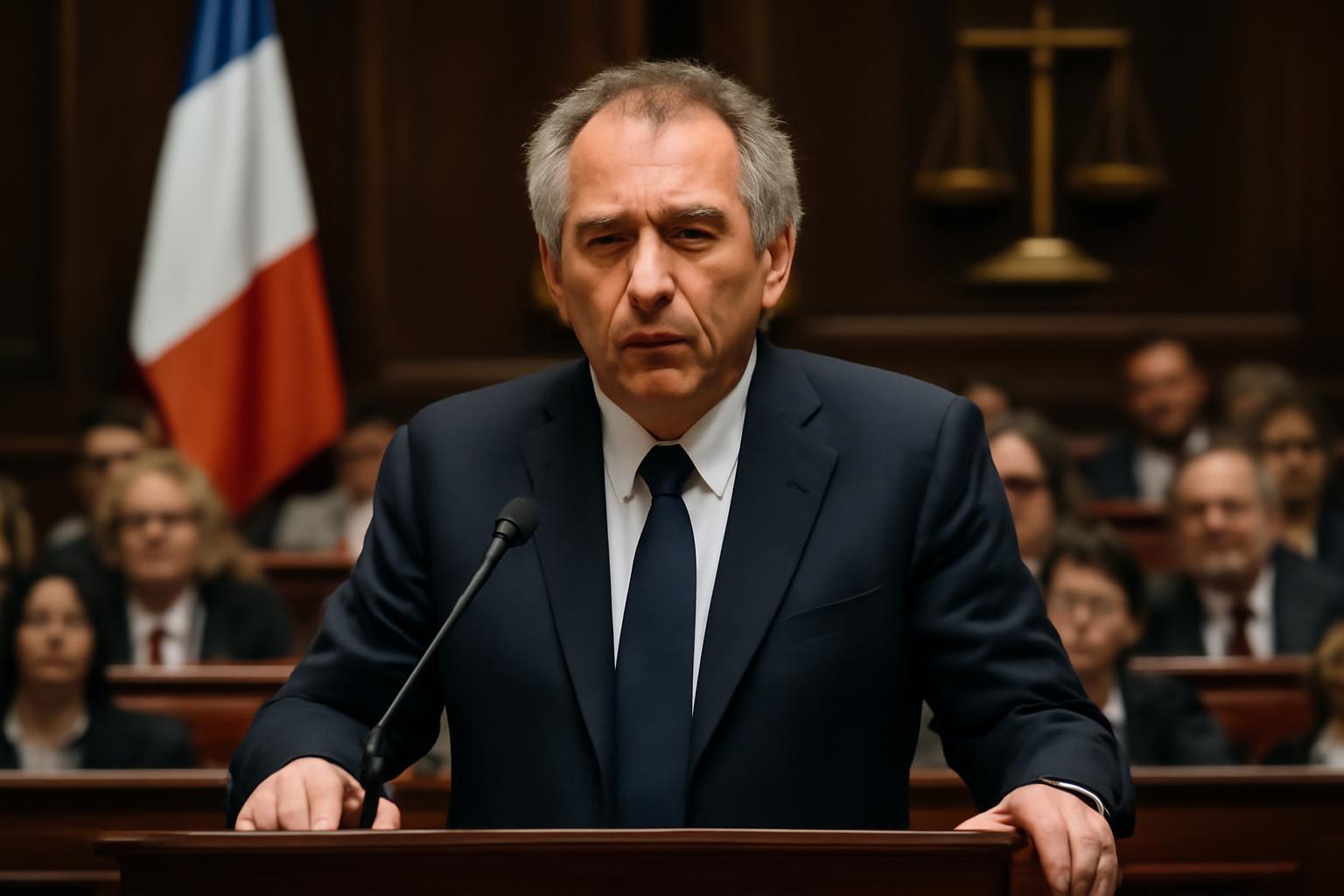France’s prime minister François Bayrou has signaled a confidence vote in the National Assembly for September 8, with the aim of reinforcing a plan to cut the public deficit. He describes the move as a matter of clarity, asking the president to convene a special session before seeking the confidence to determine whether there is a national threat that justifies urgent action and to lay out a path to bring public finances under control. The plan includes savings of about €44 billion for next year, warns that rising interest costs are the single largest budget item, and even contemplates scrapping May 8 and Easter Monday holidays to help balance the books. Yet the proposals meet broad resistance, not only from political opponents but from civil society as well. A group called Bloquons Tout plans to paralyze the country on September 10, while LFI, Greens, the Communists in their New Popular Front alliance, and the far-right RN pledge to withdraw their confidence in Bayrou, aiming not merely to topple him but to pressure President Macron and push for early presidential elections. The Socialists, led by Olivier Faure, insist they will not back Bayrou, arguing the budget is unjust and that supporting it would deepen divisions on the left. If Bayrou’s government falls, questions arise about who could govern France under the current parliamentary arrangement and whether Macron would dissolve the National Assembly again. The prevailing message is that the greatest risk lies in inaction.
There is something profoundly revealing in this moment: a republic that confuses the urgency of crisis with the wisdom of coercion. A confidence vote, a bargaining of legitimacy, a market for political survival, all set against the backdrop of a budget that promises savings yet rests on the illusion that austerity can be ordered by decree rather than earned by disciplined rules and credible constraints. The instinct to cut a few holidays or to parade headline figures as if they were the essence of reform betrays a deeper misapprehension: that the health of a nation’s finances can be marched into line by willpower alone. In truth, the problem is not merely the size of the deficit but the dependence of political life on the fable that needs can be sculpted from above, that the state can be the conductor of every market signal, that a crisis can be handled by politics pretending to be science.
To my mind, the heart of the matter is the erosion of anchor points: the rule of law that limits discretion, the separation of powers that distills rational consensus, and the institutions that discipline both budgets and expectations. When rising interest costs become the largest line item, it is not merely a fiscal fact; it is a verdict on the stock of prior policies and the credibility of future promises. Austerity announced by fiat—whether through the shrill urgency of a confidence vote or the theatrical threat of dissolving the Assembly—will not, in itself, restore balance. What restores balance is a regime of known rules, credible commitments, and a political culture that accepts that long-run solvency grows not from dramatic gestures but from patient, transparent reform anchored in the dispersed knowledge of society, not the centralized imagination of a few elected leaders.
The temptation to appease the streets with urgent, sweeping actions—to paralyze, to threaten, to replace dissent with dissolution—is a temptation to substitute political theater for economic reality. Yet the only sustainable path to balance lies in enabling voluntary cooperation, inviting diverse voices into a framework of constitutional rules, and ensuring that finance is governed not by fear of the next election but by respect for the constraints that make exchange possible: property rights, contract, and predictable policy. If this episode ends in more of the same—more politicization, more haste, more power concentrated in the hands of a few to “save” the nation—the danger is not merely temporary discomfort; it is the hollowing out of the spontaneous order that real freedom requires.
So let the debate proceed, but with a conviction that real reform does not depend on top-down coercion or the spectacle of declarations; it depends on a disciplined framework that aligns incentives with long-term stability. Let parliament debate with the sober understanding that the wealth of a nation is created by the quiet collaboration of countless individuals, guided by price signals and the constraint of lawful rules, not by the theatrics of panic or the rhetoric of emergency. Inaction is not the virtue to be avoided; it is the seed of a future debt, a future inflation, and a future roped off from the very citizens who must bear the costs.
